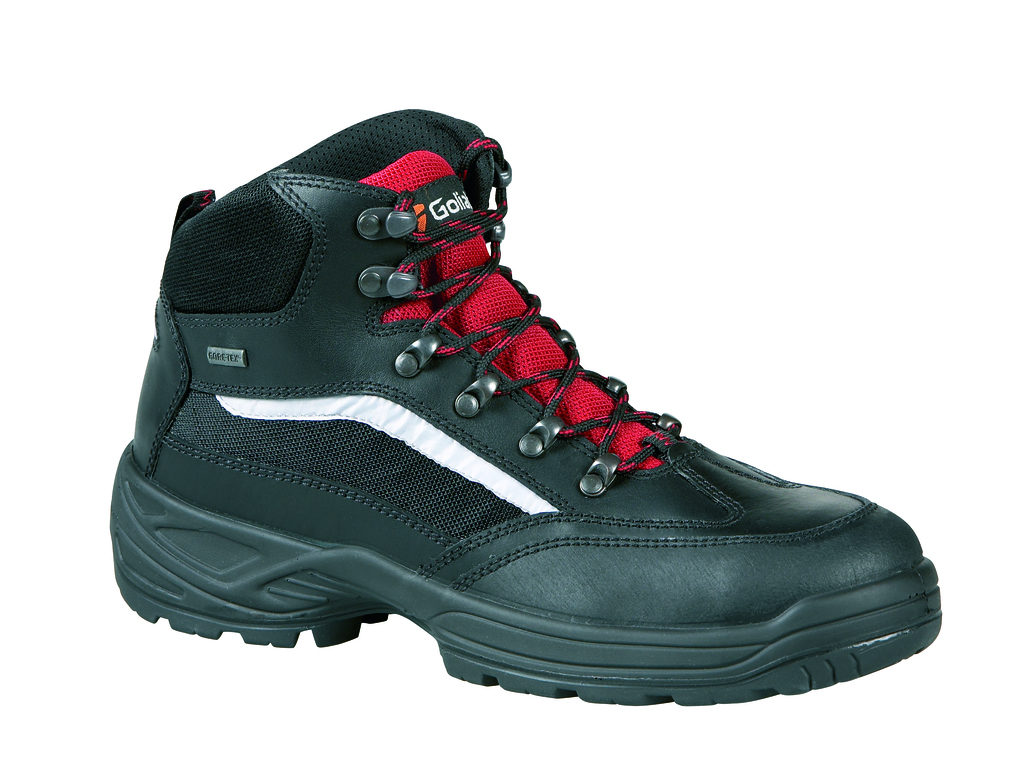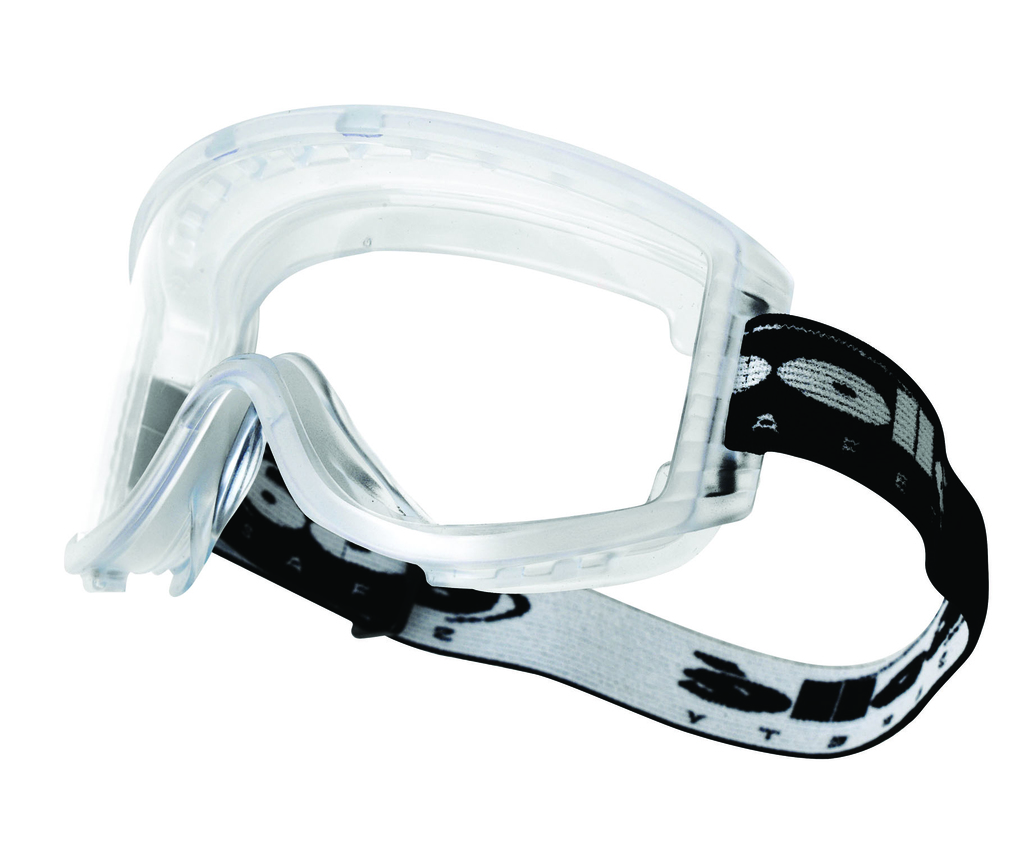With the cold winter months almost upon us, it pays to be prepared when it comes to site safety. Dominic Proctor offers some top tips for staying safe on site this winter.
According to the Health and Safety Executive (HSE), the largest percentage of accidents in the winter are entirely preventable and often linked to issues such as poor lighting and slips and trips on wet ground. So when it comes to maintaining site safety, what else should be considered:
- Head to toe safety – don’t substitute safety for warmth. Continue to wear the correct PPE and don’t be tempted to overly layer up because this prevents PPE fitting as it should. With too much padding the illuminated bands on some hi-vis equipment can shift and therefore lose their visual effectiveness.
- Layer your clothing - wear several light layers of warm clothes rather than one chunky layer and invest in thermal base layers to better manage your body temperature. As already importantly pointed out, wearing snug fitting, layered items rather than bulky clothing means that PPE can be worn safely. Winter weather-proofing is about rain and wind protection too: technical fabric innovation means that there are a host of fleeces, jackets and trousers featuring highly effective linings and coatings that are breathable, quick-drying and water-repellent.
- Stay foot sure - ensure you are wearing the correct footwear and be mindful of additional hazards such as wet leaves and ice. Opt for robust, waterproof boots and look out for leather uppers and fully fitted in-socks and internal linings that help to keep feet dry and comfortable. And don’t forget your thermal socks for added protection!
- Get grit-smart - don't wait for the ice and snow before ordering your salt and grit. Supplies are available all year round, so get prepared in advance of the busy winter period. And use wisely – think about the areas which are most likely to be affected by ice and when best to grit. The best times are early in evening before the frost settles and/or early in the morning. Remember that salt doesn’t work instantly; it needs sufficient time to dissolve into the moisture on the floor and if you grit when it is raining heavily, the salt will simply be washed away.
- Keep moving - if exposed to vibration from power tools, be mindful of the potential effects of the cold weather on the body and take additional precautions to keep warm and improve blood circulation. The simple addition of adequate hats, gloves and jackets can make all the difference, but also try to warm up before starting the job and try massaging your hands and fingers during regular breaks.
- Weather-proof your business – Stay warm and comfortable whilst also keeping your winter running costs down. Fit draught proofing to seal any gaps around windows and doors and draw blinds to keep the heat generated inside your premises. Using support heating can help to boost temperature levels, but it is vital that appliances are checked and positioned safely. Fit an audible carbon monoxide alarm which is EN50291 compliant, but remember that fitting an alarm should not replace regular maintenance of appliances.
- Is your van winter ready? A few simple checks can make a big difference to your journey time and vehicle running costs but most of all your safety. It’s a good idea to have your vehicle serviced before the winter starts and have the anti-freeze checked. There are also several quick checks that you can do yourself: ensure all lights and vehicle headlights are working and kept clean to improve visibility for the driver and for others to see you. Also make sure your battery is full charged. Tyre condition is vital at this time of year – make sure all tyres (and the spare) have the correct pressure and tread depth. Stock up and top up all fluids – de-icer, screen wash, oil and anti-freeze and ensure windows are kept clear and frost free.
- Stay connected - make sure you keep in touch with everyone on site during cold spells and ensure any lone workers have a means of contact. Where possible always work in pairs.
- Fuel your body - have regular hot drinks and eat at least one hot meal a day if possible. Eating regularly helps keep energy levels up during winter. Opt for warm, high calorie meals such as soup and bread or pasta.
Needless to say, working in any environment during the winter months can be hazardous. However with appropriate precautions and the right equipment and mind-set it is possible to maintain a safe working environment all year round ensuring all workers get home safely at the end of every day – whatever the weather.
Dominic Proctor is general manager at Parkers Merchanting.
0113 205 9000parker.nationalsales@parkermerchanting.co.uk




